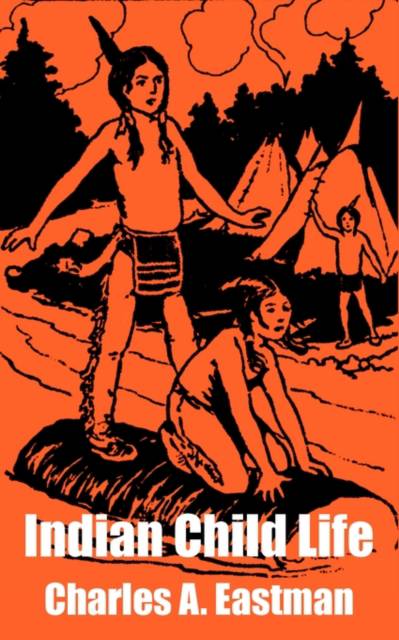
- Afhalen na 1 uur in een winkel met voorraad
- Gratis thuislevering in België vanaf € 30
- Ruim aanbod met 7 miljoen producten
- Afhalen na 1 uur in een winkel met voorraad
- Gratis thuislevering in België vanaf € 30
- Ruim aanbod met 7 miljoen producten
Zoeken
Omschrijving
The story of Charles A. Eastman (1858-1939), whose Sioux name was Ohiyesa (Winner), is itself as wonderful as a fairy tale. Born in a wigwam, and early left motherless, he was brought up, like the little Hiawatha, by a good grandmother. When he was four years old, war broke out between his people and the United States government. The Indians were defeated and many of them were killed. Some fled northward into Canada and took refuge under the British flag, among them the writer of this book, with his grandmother and an uncle. His father was captured by the whites. After ten years of that life, his father, whom was pardoned by President Lincoln and released from the military prison, made the long and dangerous journey to Canada to find and bring back his youngest son. Then educated at Dartmouth and at Boston University Medical School, Eastman became a highly literate physician, who was the only doctor available to the victims of the Wounded Knee massacre in 1890. This book was originally published in 1913.
Specificaties
Betrokkenen
- Auteur(s):
- Uitgeverij:
Inhoud
- Aantal bladzijden:
- 180
- Taal:
- Engels
Eigenschappen
- Productcode (EAN):
- 9781410100771
- Verschijningsdatum:
- 10/12/2002
- Uitvoering:
- Paperback
- Formaat:
- Trade paperback (VS)
- Afmetingen:
- 127 mm x 203 mm
- Gewicht:
- 167 g

Alleen bij Standaard Boekhandel
+ 54 punten op je klantenkaart van Standaard Boekhandel
Beoordelingen
We publiceren alleen reviews die voldoen aan de voorwaarden voor reviews. Bekijk onze voorwaarden voor reviews.











